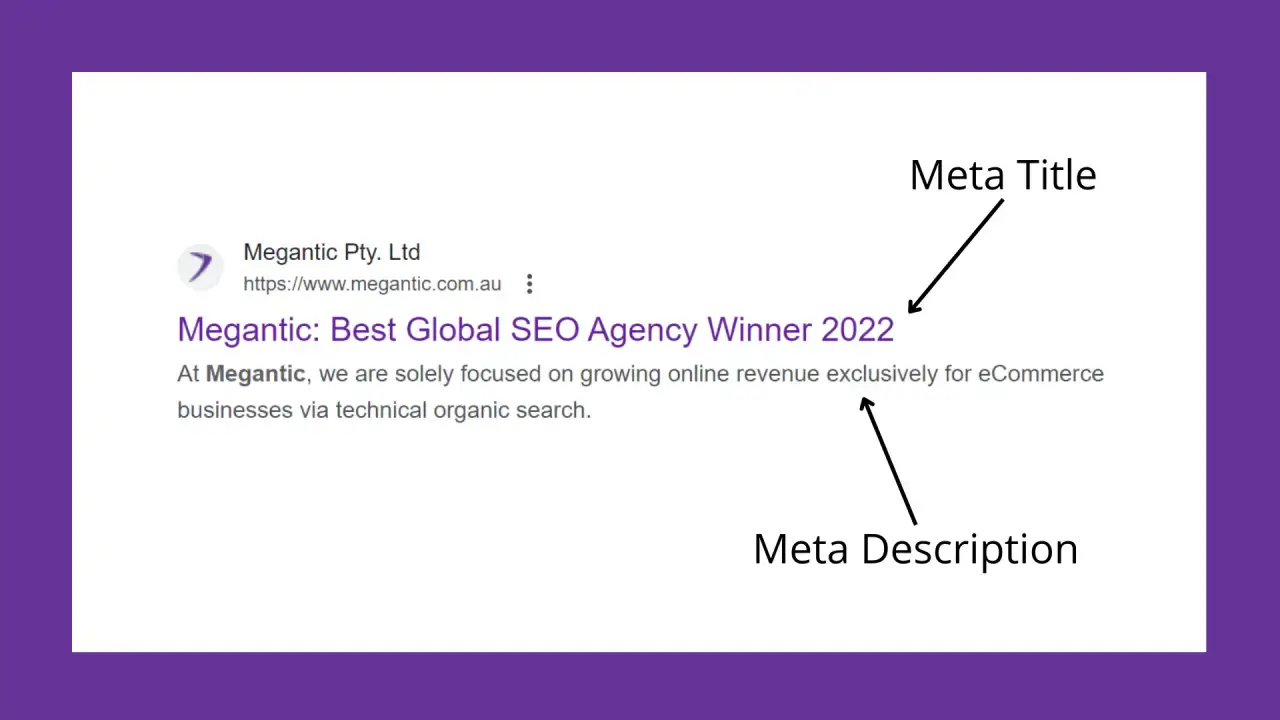
This article delves into the intricacies of SEO analytics and reporting, elucidating their significance, methodologies, and best practices.
Understanding SEO Analytics: SEO analytics encompass the tools and techniques used to gather, analyze, and interpret data related to a website's search engine performance.
Key metrics typically scrutinized include website traffic, keyword rankings, backlink profiles, user engagement, and conversion rates. These insights are instrumental in assessing the effectiveness of SEO efforts and identifying areas for improvement.
Essential Metrics in SEO Analytics: Understanding the metrics analyzed in SEO analytics provides a foundational framework for evaluating website performance and optimizing strategies. Website traffic serves as a fundamental indicator of a website's reach and popularity, offering insights into overall visibility and audience engagement.
Keyword rankings gauge a website's presence in search engine results pages (SERPs), highlighting areas of strength or weakness in keyword targeting and content optimization.
Backlink profiles, comprising the quantity, quality, and diversity of links pointing to a website, are critical for assessing its authority and credibility in the eyes of search engines. User engagement metrics, such as bounce rate, session duration, and page views per session, offer valuable insights into user behavior and content effectiveness. Conversion rates, encompassing various actions such as form submissions, purchases, or downloads, measure the website's ability to convert visitors into customers or leads.
Tools for SEO Analytics
A myriad of tools is available to facilitate SEO analysis, each offering unique features and functionalities. Google Analytics stands as a cornerstone in SEO analytics, providing comprehensive insights into website traffic, user behavior, and conversion metrics. Google Search Console complements Google Analytics by offering valuable data on website performance in Google search results, including keyword rankings, click-through rates, and indexing issues.
SEMrush, Moz Pro, and Ahrefs are prominent among the paid tools for SEO analysis, offering a suite of features for keyword research, competitor analysis, backlink auditing, and rank tracking. SEMrush provides actionable insights into keyword performance, competitor strategies, and content optimization opportunities. Moz Pro excels in site auditing, keyword research, and link analysis, enabling businesses to identify and rectify SEO issues proactively. Ahrefs boasts an extensive backlink database and competitive analysis tools, empowering businesses to assess backlink profiles, conduct competitor research, and monitor industry trends effectively.
Best Practices for SEO Reporting
Effective SEO reporting hinges on several key practices aimed at delivering meaningful insights and driving actionable recommendations. Defining clear objectives for SEO reporting is paramount, as it establishes the foundation for selecting relevant metrics and aligning reporting efforts with business goals. Selecting the appropriate metrics for reporting involves prioritizing those indicative of success and relevance to the defined objectives.
Regular monitoring of key metrics enables businesses to detect trends, deviations, or anomalies promptly, facilitating timely adjustments to SEO strategies. Contextualizing data by providing explanations for observed changes or trends adds depth and clarity to SEO reports, empowering stakeholders to make informed decisions. Transforming data into actionable insights involves identifying optimization opportunities based on the analysis conducted and formulating concrete recommendations for improvement.
When presenting SEO data in reports to clients or stakeholders, it is essential to adopt a client-friendly approach, focusing on concise, jargon-free summaries and actionable recommendations tailored to their understanding and objectives. Visual representation of data through charts, graphs, and visual aids enhances comprehension and engagement, making complex information more accessible and digestible.
Conclusion
In the competitive landscape of digital marketing, effective SEO analytics and reporting play a pivotal role in guiding strategic decisions, optimizing performance, and achieving tangible results. By embracing the nuances of SEO analytics, leveraging powerful tools, and adhering to best practices in reporting, businesses can navigate the complexities of the digital ecosystem with confidence, driving sustained growth and success.
In essence, SEO analytics and reporting serve as indispensable pillars in the pursuit of online prominence and market relevance. Through a comprehensive understanding of these concepts and their practical application, businesses can unlock the full potential of their digital presence, forging ahead in an ever-evolving digital landscape.






